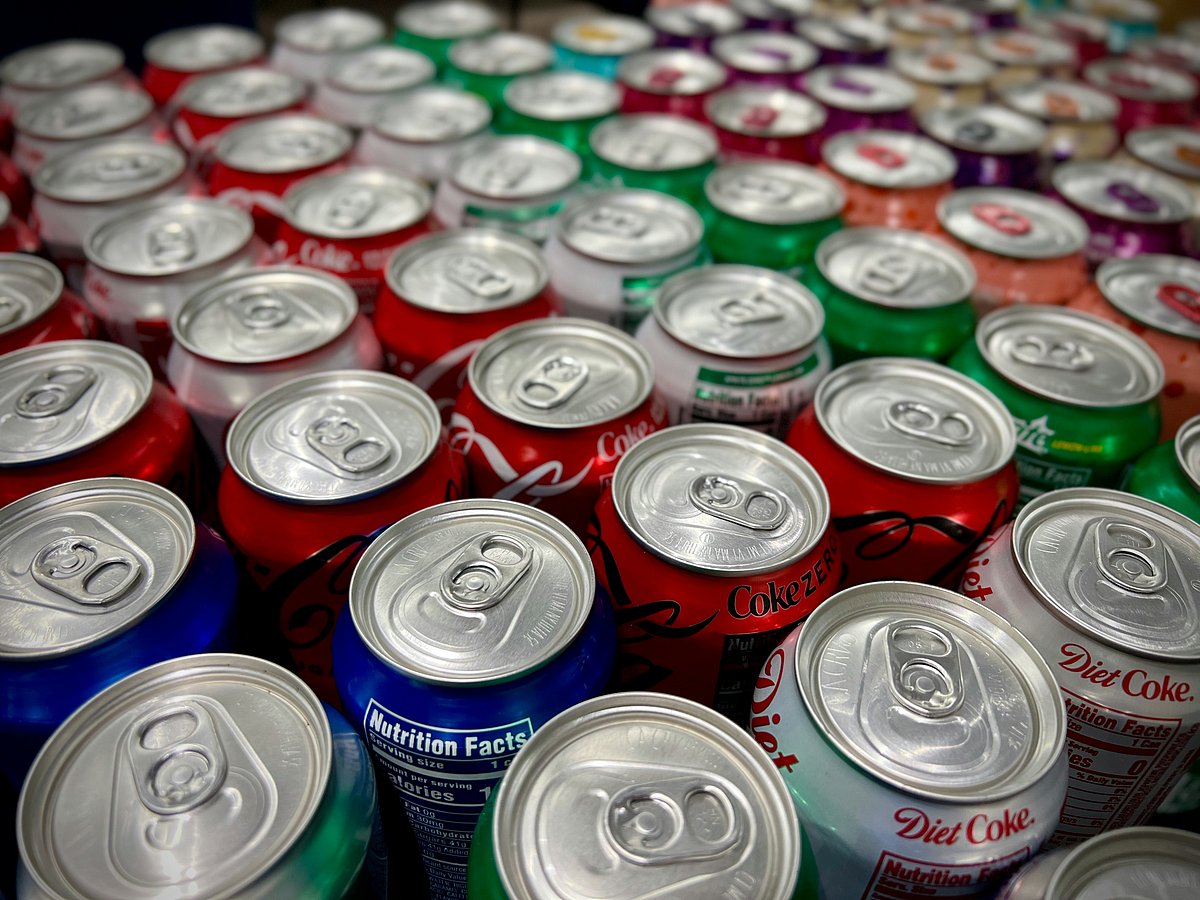Abu Dhabi bans use of food as punishment or reward in early childhood centres
It lists 13 prohibited food and beverage items

Abu Dhabi: Early childhood education centres in Abu Dhabi have been directed to eliminate a wide range of unhealthy foods and drinks, from sugary beverages and fried snacks to ultra-processed foods, as part of a new nutrition policy introduced by the Abu Dhabi Department of Education and Knowledge (ADEK), Al Khaleej newspaper reported.
The department confirmed that nurseries and kindergartens are prohibited from using food as a disciplinary tool or reward, and must include this restriction in their food and nutrition policies.
The move, ADEK said, is designed to safeguard children’s health, safety, and development, ensuring that meals served, whether prepared on-site, brought from home, or provided during celebrations, adhere to strict nutritional standards.
Under the new policy, schools must maintain a list of 13 prohibited food and beverage categories, which includes:
• Sugar-sweetened drinks such as soft drinks, energy drinks, and sports beverages (except isotonic ones);
• Caffeinated drinks including coffee and tea;
• Foods with added sugars like candy, chocolate (except dark chocolate), marshmallows, cotton candy, and ice cream;
• Fried foods such as fried chicken, falafel, and samosas;
• Processed meats including sausages, mortadella, and hot dogs;
• Salty snacks like chips and puffed corn snacks;
• Ultra-processed products with artificial sweeteners, colorings, or flavorings;
• Foods containing monosodium glutamate (MSG) or additives such as Sunset Yellow (E110), Tartrazine (E102), and Allura Red (E129).
The policy also bans foods containing pork derivatives or alcohol, hydrogenated fats, unpasteurised products, soy milk and soy-based sauces, nuts, and any food that could pose a choking hazard. Honey is also prohibited for infants under 12 months of age.
ADEK has instructed institutions to clearly communicate the banned items to both parents and staff, emphasising that the goal is to create a comprehensive and transparent framework for healthy eating in early learning environments.
The department said it aims to engage parents in nutrition-related decision-making while ensuring that children have continuous access to free, clean drinking water throughout the day.
Network Links
GN StoreDownload our app
© Al Nisr Publishing LLC 2026. All rights reserved.